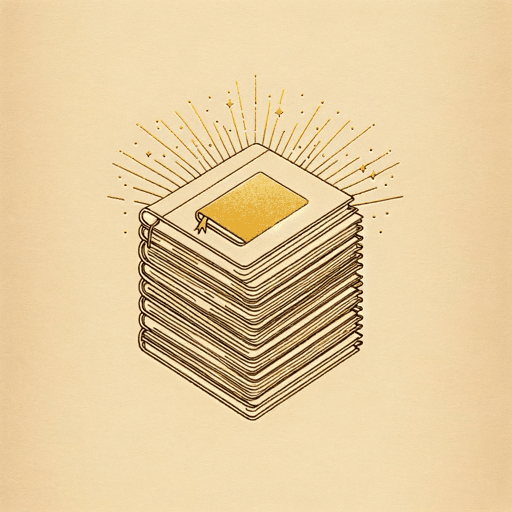30 pages • 1 hour read
Doris LessingNo Witchcraft for Sale
Fiction | Short Story | Adult | Published in 1956A modern alternative to SparkNotes and CliffsNotes, SuperSummary offers high-quality Study Guides with detailed chapter summaries and analysis of major themes, characters, and more.
Important Quotes
“The Farquars had been childless for years when little Teddy was born [...] their servants [...] brought presents of fowl and eggs and flowers to the homestead when they came to rejoice over the baby, exclaiming with delight over his downy golden head and his blue eyes. They congratulated Mrs. Farquhar as if she had achieved a very great thing, and she felt that she had—her smile for the lingering, admiring natives was warm and grateful.”
(Page 67)
This passage comes at the very beginning of the story. It establishes that the Farquars and their servants were especially thrilled to welcome Teddy to the family because it had taken a long time for the couple to have children. The image of the servants bringing gifts and expressing their joy over the baby’s arrival has a biblical connection to the wise men bringing gifts to Bethlehem after the birth of Jesus, with Mrs. Farquhar smiling proudly like the Virgin Mary. It will come as no surprise later that Teddy behaves in an entitled way, given the fanfare over his arrival. The parallel here cements the Farquars’ elevated status as white colonizers over their African servants and alludes to the way religion is twisted to justify racist oppression.
“There was no second baby; and one day Gideon said: ‘Ah, missus, missus, the Lord above sent this one; Little Yellow Head is the most good thing we have in our house.’ Because of that ‘we’ Mrs. Farquhar felt a warm impulse towards her cook; and at the end of the month she raised his wages.”
(Pages 67-68)
Mrs. Farquhar appreciates Gideon’s affection for Teddy and the way he puts him on a pedestal instead of making her feel guilty or deficient for not having a second child. She raises his wages to show her affection and gratitude; when Teddy was born, the servants brought food and flowers, but here, Mrs. Farquhar shows her appreciation with money. This illustrates a difference in values that becomes more evident later on when
Related Titles
By Doris Lessing

A Woman on a Roof
Doris Lessing

Briefing for a Descent Into Hell
Doris Lessing

Martha Quest
Doris Lessing

Prisons We Choose to Live Inside
Doris Lessing

The Fifth Child
Doris Lessing

The Golden Notebook
Doris Lessing

The Grass is Singing
Doris Lessing

Through the Tunnel
Doris Lessing

To Room Nineteen
Doris Lessing

